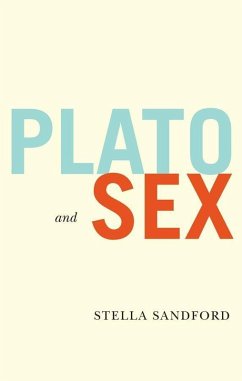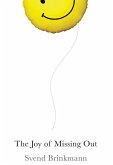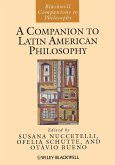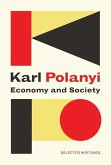Dieser Download kann aus rechtlichen Gründen nur mit Rechnungsadresse in A, B, BG, CY, CZ, D, DK, EW, E, FIN, F, GR, HR, H, IRL, I, LT, L, LR, M, NL, PL, P, R, S, SLO, SK ausgeliefert werden.
New Formations
"A serious contribution to scholarship in the field of ancientphilosophy as well as a serious contribution to feministphilosophy."
Radical Philosophy
"Plato and Sex is a groundbreaking treatment of the role ofsex in Plato's dialogues. An extended commentary on and source ofsupport for recent attempts to denaturalize our concepts of sex andgender, the book is a major contribution to feminist approaches toPlato, to gender/sexuality studies of Plato, and togender/sexuality studies as a whole."
Deborah Achtenberg, University of Nevada
"This is an original new contribution to the debate on thelimits of the concepts of sex and gender. Sandford questionstraditional and feminist interpretations of Plato with equal powerand insight, and opens a new possibility for conceptualizing humanexistence. This is not a request for a return to Ancient forms ofthinking but a critical argument which works for thepresent."
Sara Heinämaa, University of Helsinki
"Sandford offers the intriguing idea that, in interpretingPlato, the categories of man and woman, male and female, are not tobe construed as natural-biological ones, but as moral categories,thus explaining the evolution (or rather, devolution) of women, asinferior souls, from men, as superior souls. The study should provea welcome addition to the intersection of various disciplines,including feminist theory, philosophy and classics."
Julie Ward, Loyola University Chicago









